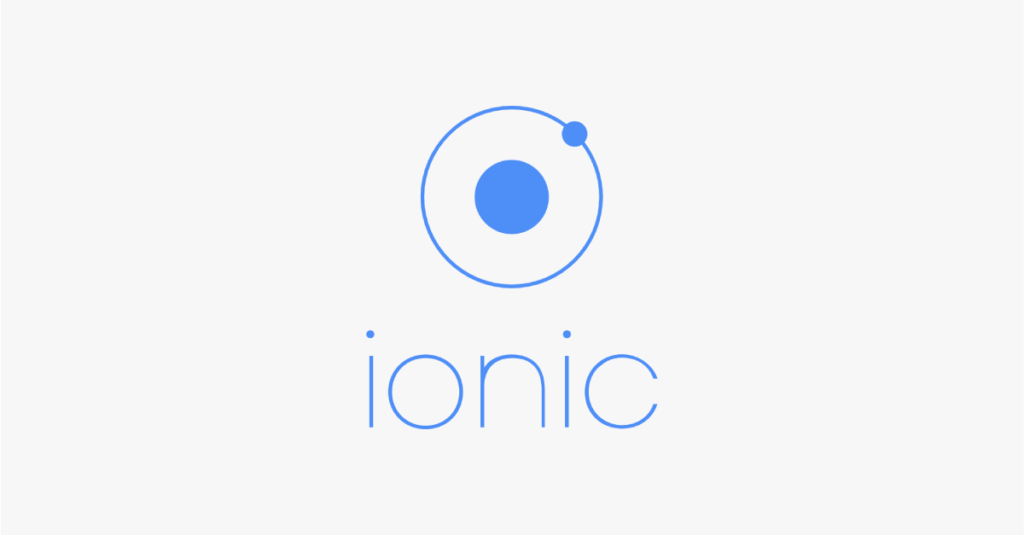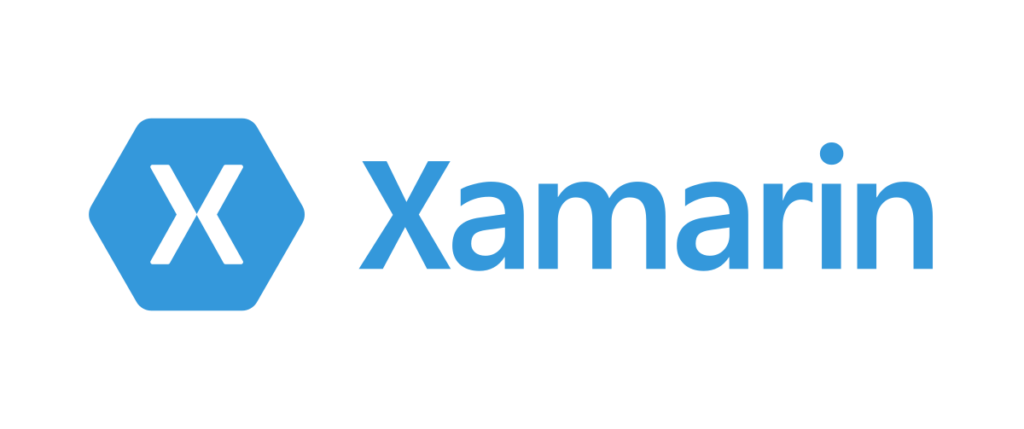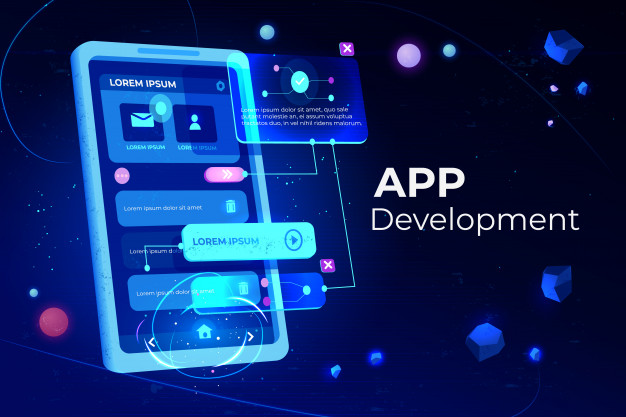Researches and data reveal the fact that the hours spent on the internet are increasing each year. And so, the number of mobile applications. Not to mention that mobile apps are more convenient to use than desktop applications.
Though, the companies are pushing their attention from the traditional desktop applications to mobile applications to get the highest benefits from their target audiences.
As there are lots of options available, choosing the best framework for app development is not easy. There is so much to think about!!
But to help you in making the decision, below we have listed the best 5 frameworks for mobile app development along with their features, pros & cons, and app examples.
Let’s dive in each app development framework one by one.
Table of Contents
I- React

React Native is one of the most popular framework for mobile app development. Initially built by facebook, It is used for the development of both platforms Android and iOS.
Many high performance mobile apps have been built in a short period through this framework. The app example can be seen in startups and fortune 500 companies.
This framework reduces the time it takes to build a mobile app that is both powerful and reliable.
React Native does this because it’s a cross-platform mobile app development framework that uses the same code base for both Android and iOS applications.
Key Features
- Easy Maintainability
- Reusable components
- Cross-Platform framework
- JavaScript
II- Flutter

The framework launched by Google is more of a software development kit than a mobile app development framework. Flutter is popular for building fast beautiful, natively compiled apps for both mobile & web applications.
Flutter is also a cross platform app development framework that uses a single code base for both iOS and Android app development. It is based on an object-oriented programming language- Dart.
Apart from being a cross platform framework, Flutter also allows developers to modify old widgets & create new widgets effortlessly.
Key Features
- Fast Development
- Flexible UI
- Cross-Platform Framework
- Native Performance
III- Ionic

Ionic is again a widely used open source app development framework built with Angular and cordova. It also supports cross platform development and you can develop apps for three different platforms here — Android, iOS and Windows.
Ionic uses minimal DOM to enhance performance and bring better efficiency while providing the native APIs like Ionic Native and Cordova.
The best part of using Ionic Framework for mobile app development is its UI elements. It provides a set of default UI elements such as action sheets, tab bars, filters, forms, and navigation menu, which helps developers focus on the development part rather than on UI elements.
Key Features
- Easy to Adopt
- Cross-Platform Framework
- Platform Independent
- Built on Angular
- In built CLI (Command line interface)
IV- Xamarin

Acquired by Microsoft, Xamarin is also an open-source, cross-platform mobile app development framework, which also uses the same code base for iOS and Android applications.
Xamarin provides an excellent user interface and comes with almost all important tools that are required for a mobile app.
The important thing about Xamarin is that it uses C# programming language, which means there is no need to learn Swift or Java to build an iPhone or Android app.
Key Features:
- Native API Access
- Easy API Integration
- Native UI Support
- Huge Community (1.4 million developers)
- Targets Every Platform
V- PhoneGap

PhoneGap was initially built by Nitobi in 2011 and launched as Apache Cordova Adobe. However, after the acquisition by Adobe its name changed to Adobe PhoneGap.
PhoneGap is a cross-platform app developments framework. It is not only a reliable platform to develop apps in JavaScript,but also in HTML and CSS.
It provides best-in-class performance. At the same time, it enables mobile app developers to build apps without facing any hardware restrictions also supports inbuilt hardware features such as Camera, GPS, Storage, Accelerometer, etc.
Key Features:
- Robust Support
- No Hardware Restrictions
- High Compatibility
- Inbuilt hardware features
In need to provide you some video development service? Check our here and don’t hesitate to contact us.



Hosts were very welcoming and friendly. Pool was cool and clean. The chalet was very clean and cosy. Loria Erv Zobias